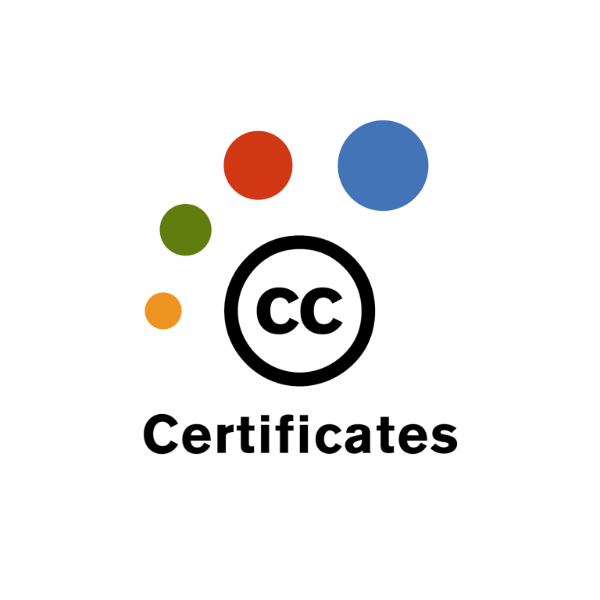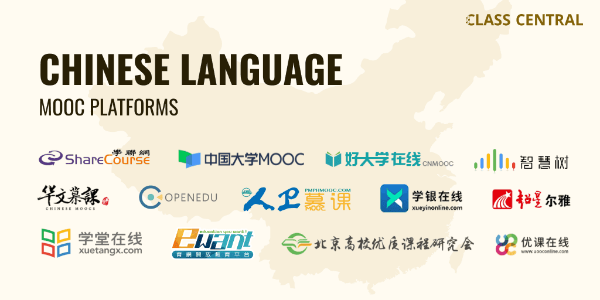3 Questions for a Higher Ed Blogger (me) from 2006
Back in 2006, I was asked to do a session for a webinar series for Higher Ed Experts titled “Podcasting Made Easy.” My session was titled “To be or not to be an iTunes U(niversity)?
At that time, I was working at NJIT and we had recently become one of the "sweet 16" universities that launched Apple's iTunes U. In the bio I used then I was the Manager of Instructional Technology at NJIT. For the previous two years, I had led the podcasting efforts at NJIT including the school’s launch that summer of our public and private use of Apple’s iTunes U.
Looking back at that webinar, I found in my files that Higher Ed Experts owner, Karine Joly, has included me in her blog series "3 Questions to a Higher Ed Blogger" where I talked about this Serendipity35 blog. Here are those 3 Q&A's. How do they hold up more than 13 years later?
1) You’ve been blogging at Serendipity 35 since last February [2005]. Why did you decide to blog at that time? Can you tell us a bit more about your experience with blogging?

The Serendipity35 site originally was created as a way for Tim Kellers and me to try out open-source blogging software for our division at NJIT. This particular blog uses Serendipity software and our division at the university is #35, hence the title.
The first few entries were really just tests and I never intended to keep it going except as a demo site. I have a poetry site called Poets Online and I was already blogging for that using Blogger. I had also started a site within our department website at NJIT on Emerging Instructional Technology [EIT] where I intended to keep information on products and services we were testing. Unfortunately, I was never able to keep up with that website on a regular basis. However, blogging is easier (and I find more enjoyable) so that Serendipity35 has replaced that website as my way of keeping the NJIT community aware of new products, services, trends and the pedagogy of using them.
In addition, it has taken on a life of its own and gets many more views than the EIT site ever did and from a much wider audience than just NJIT. Getting comments from readers is an important part of the blogging experience too.
2) You blog a lot about new media (blogs, social networking websites, podcasting, etc.). What impact do you think these new technologies are going to have on higher ed?
I’m glad you ask what impact they are “going to have” because, unfortunately, I don’t think they have enough of an impact right now.
I see more penetration of Web 2.0 applications in K-12 teaching than in higher ed. It may be easier to implement some of these things at that level because you have districts, schools, grade levels and departments that can require their use through mandated curriculums. That’s rare in universities. “Required” and “faculty” are not words that go together easily at colleges. You’ll hear the much used (and abused) phrase “intellectual freedom” in response to attempts to require faculty to do many things. I’m not talking about having every faculty member have a blog, but it’s tough to get every faculty member to post syllabi online for each of their courses.
I think that students may be the drivers for the use of these applications as they have been in their desires and expectations to see course materials online, podcasting, 24/7 access, wireless campuses, etc.
I can’t see many educators being opposed in theory to the read-write version of the Web that is being called Web 2.0 and wanting to have students remain merely consumers (readers) of the web. All the tools like MySpace, blogs, video sites and other things that I write about have wide acceptance with students at all grade levels already. They won’t abandon them when they enter college, and they’ll be surprised and disappointed if they are not being used in their college classrooms and used or at least understood by their teachers.
Many faculty members were opposed to using email ten years ago, but those few who still are have to be seen as dinosaurs, and if they look up, they will see that an asteroid is headed towards them.
3) How is your blogging received by your administration and the rest of your campus community?
My director, Bill Reynolds, is always very enthusiastic and supportive of the department jumping into new technologies. For example, I wanted to pursue podcasting with faculty last fall so we jumped in and created our own podcasting site for NJIT and produced “coursecasts” for the fall and spring semesters. When we realized it was going to take off and that we needed greater support and infrastructure and heard about Apple’s iTunes U, we applied. We have been accepted and are building our site to launch this summer.
Our division’s Associate Vice President, Gale Spak, was the person who originally asked Tim and me to put together a day-long seminar on podcasting, wikis and blogs because she thought it had great potential for our academic community and for corporate clients, like those in NJIT’s own Enterprise Development Center. We did offer that day of workshops this past spring, but Tim and I actually ended up presenting the section on wikis using our own open-source wiki project.
I’ve heard nothing but positive comments from those on campus who have looked at the blog, though I’ll be first to admit that a large portion of the NJIT community still doesn’t know it exists. A number of faculty members who read it have asked to have blogs for their courses. We’re also looking at open source course management systems like Moodle which is offering blogging tools within a course itself. We have a web redesign project for the university that started this summer and they are using a private blog to keep the many team members up to date on developments and to get feedback asynchronously.
I see our blog as narrowcasting rather than broadcasting. The audience for what we write about is not the general public and that’s fine with us. I can tell by the site metrics that we have far more readers than those who actually comment on the site. In fact, just to illustrate the newness of this with educators, I have to say that I have been really surprised at the number of them who have emailed me comments about a piece rather than posting them on the blog itself. It’s not a question of being anonymous (you can do that on the blog) but more that they don’t quite get what a blog is all about.
Though blogs have been around for years, in education I think we are at a tipping point this year and that we’ll see much wider acceptance and use in 2007 and beyond.
How do my answers hold up in 2020? Pretty well, in my humble opinion. I certainly feel the same way about where we were in 2006 and some of my concerns and predictions are still valid.
I came to reexamine this old interview because I was looking at the Higher Ed Experts site which has been offering webinars and content for all these years. Their Higher Ed Social Media Conference has become an annual online higher ed conference.
Karine is still doing her interviews with her expert speakers. One response that caught my attention was a question posed to Emily Phillips, Social Media Coordinator at the College of William and Mary.
Where do you think higher ed social media is heading in 2020?

Whenever I’m asked the “what’s next” question it inevitably conjures up in my mind the 1994 clip of Katie Couric & Bryant Gumbel trying to figure out the @ symbol and asking, “what is the internet, anyway?” At the risk of earning the amused derision of future readers, I’ll say that I see a lot of potential for “creator” spaces like YouTube, podcasts and even Twitch, which lend themselves well to Higher Education content. I’m also keeping an eye on VSCO and Tik Tok, which are obviously popular with a huge chunk of our audience, but I’m not yet sure enough that our current and future students are interested in seeing or engaging with our content in those spaces to warrant diverting our resources in either of those directions.
I remember using that Today Show clip (below) when I started at NJIT in 2000 as a way of showing how much had changed in just those 6 years since it was recorded. I agree with Emily's sense of risk in predicting the future of anything in technology and especially its use in higher education. One way to limit risk is to avoid talking about specific tools. Rereading my answers, that MySpace reference really dates the response. She may be safe mentioning YouTube, Tik Tok, and Twitch in 2020, but I suspect that if she looks back on her answers in 13 years she will chuckle at those references.
 I'm typing this as I shut down the office for a two-week break. I'm hitting the pause button on blog posts here and I'll be back on the week of January 6 feeling either refreshed or hungover on food and drinks from the holidays.
I'm typing this as I shut down the office for a two-week break. I'm hitting the pause button on blog posts here and I'll be back on the week of January 6 feeling either refreshed or hungover on food and drinks from the holidays.
 Other MOOC news at year's end:
Other MOOC news at year's end: